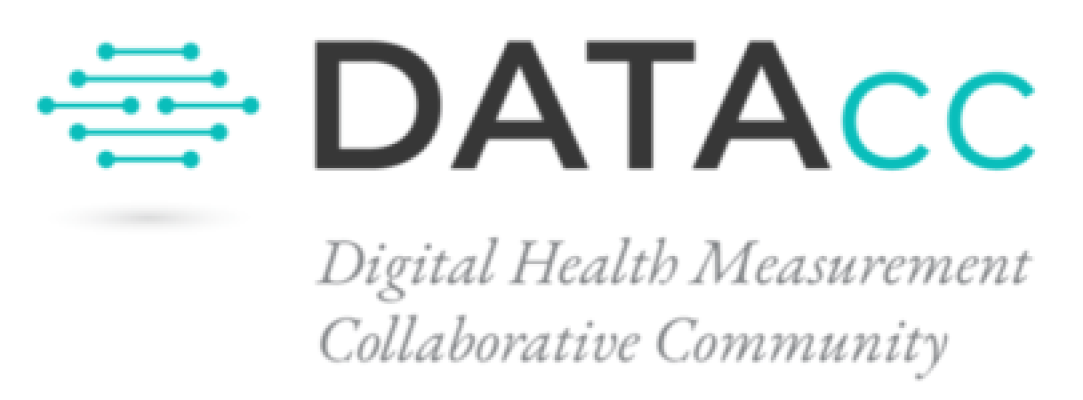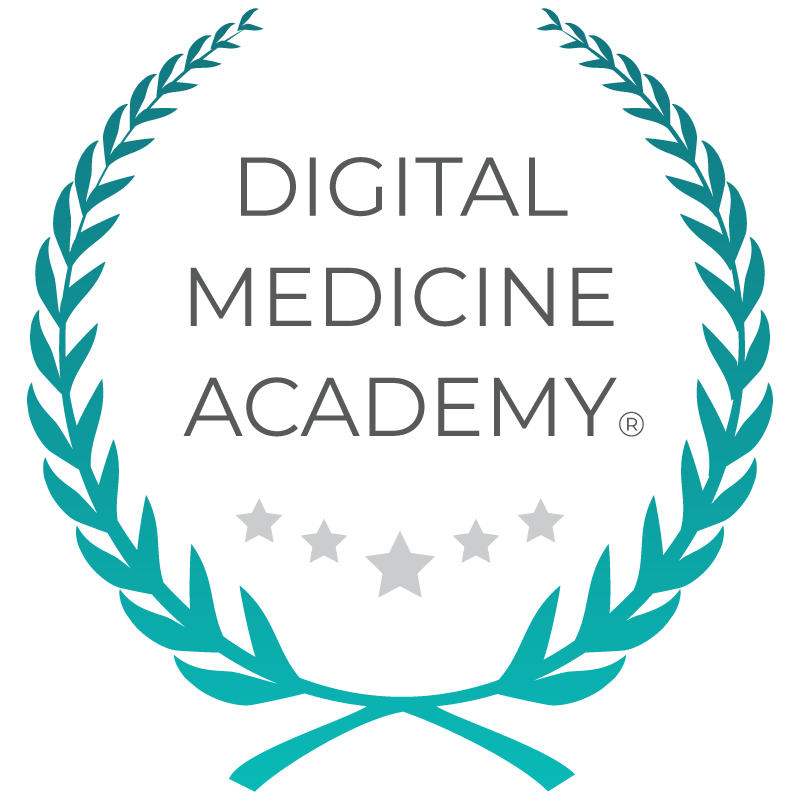
Designing With, Not For: Building Digital Medicine through Collaborative Communities
Q+A with Evidation’s Bray Patrick-Lake
A year ago, DATAcc was launched in alignment with a strategic imperative by the FDA’s Center for Diagnostic and Radiologic Health. What attracted you to this initiative? What expectations did you go in with?
Evidation believes digital health measurement through person-generated health data is a powerful lens on health in everyday life. To achieve the full potential for patients and communities, we must work across the diverse ecosystem of stakeholders to coalesce a swiftly emerging scientific field. Evidation had participated in other Digital Medicine Society-hosted and FDA-supported activities that rapidly delivered actionable tools created through collaborative approaches. Hence, we anticipated the DATAcc Collaborative Community would be highly successful in bringing stakeholders together to launch and execute workstreams that yield impactful tools, and we were right.
Tell us about your work and how it fits your expectations for DATAcc. What were you bringing to the collaborative community? What did you hope to get from it?
Evidation has built a digital ecosystem that currently hosts a diverse community of almost 5 million people from 9 out of 10 U.S. zip codes who self-report health conditions. The community is built on privacy and trust, and driven by the value of contextualized, lived experiences and wearable data shared by members. Evidation members are offered opportunities to participate in research and health programs often co-created or sponsored by industry, academic, or government institutions developing new measures or driving the next best actions in health. Evidation felt it was imperative to share its decade-long experience of measuring what matters most to people while learning from the other stakeholders working on regulatory and clinical acceptance of digital health measures.
What unique value is the DATAcc initiative bringing to the digital medicine ecosystem or healthcare? How will the mechanism of a collaborative community impact digital medicine?
This public-private partnership in the pre-competitive space will facilitate the harmonization and standardization of digital health tools intended to facilitate evidence of treatment impact over time. DiMe can help lead key discussions and work towards building transparency across the ecosystem of regulators, industry, and patient communities who are similarly eager to address the information asymmetry of science translation.
The first DATAcc priority was inclusion. Why was it important for DATAcc to start with inclusion? What does this mean for your work and digital medicine?
When designing digital products and developing new health measures, we must get the “who” right. It is paramount to ensure that we are designing for those who are most impacted and stand to benefit most. This requires thoughtful planning and a partnership with communities representing and engaging the impacted populations. While the literature and frameworks for patient and community engagement and inclusive design around clinical trials have matured over the years, a roadmap and “start here” for digital inclusivity was urgently needed after numerous digital products rapidly emerged with bias or lack of validity in people of color.
What is one challenge you are facing in your work that DATAcc is poised to address? What opportunities are you excited by for digital health measurement?
We’re excited about opportunities to standardize the aggregate use of wearable sensors and ontologies to translate measures of physical function and mental well-being into meaningful information for healthcare decision-making for all. These ecosystem issues require the collaboration the DATAcc community is poised to deliver.
Bray Patric k-Lake is the Senior Director of Strategic Partnerships at Evidation, developing collaborations to support the design and implementation of participant-centered studies and the regulatory and clinical acceptance of digitalmeasures. She serves on the Digital Medicine Society’s Scientific Leadership Board, Reagan Udall Foundation’s IMEDS Steering Committee, and American College of Cardiology’s National Cardiovascular Data Registry Oversight Board.
k-Lake is the Senior Director of Strategic Partnerships at Evidation, developing collaborations to support the design and implementation of participant-centered studies and the regulatory and clinical acceptance of digitalmeasures. She serves on the Digital Medicine Society’s Scientific Leadership Board, Reagan Udall Foundation’s IMEDS Steering Committee, and American College of Cardiology’s National Cardiovascular Data Registry Oversight Board.



